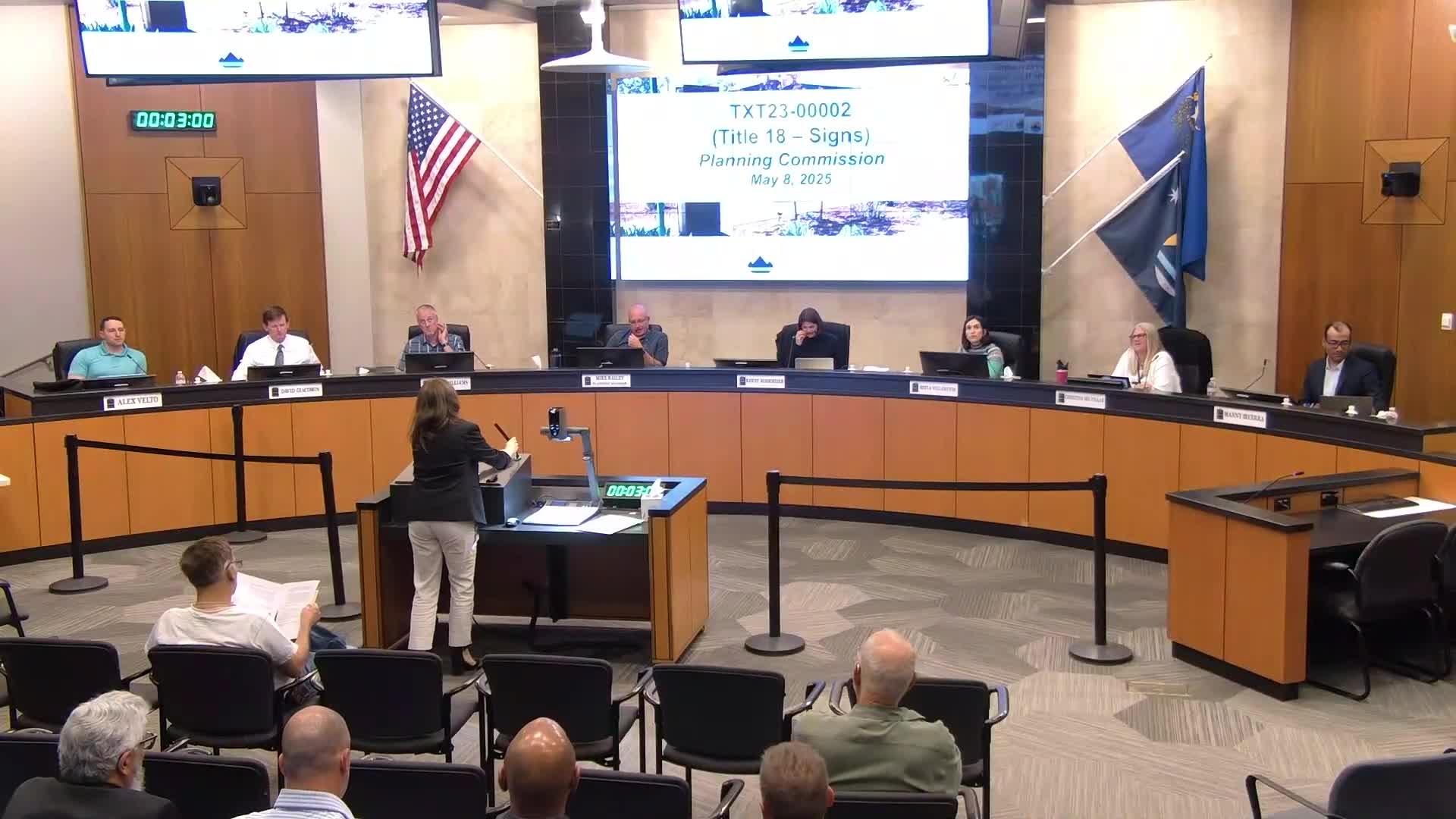Article not found
This article is no longer available. But don't worry—we've gathered other articles that discuss the same topic.
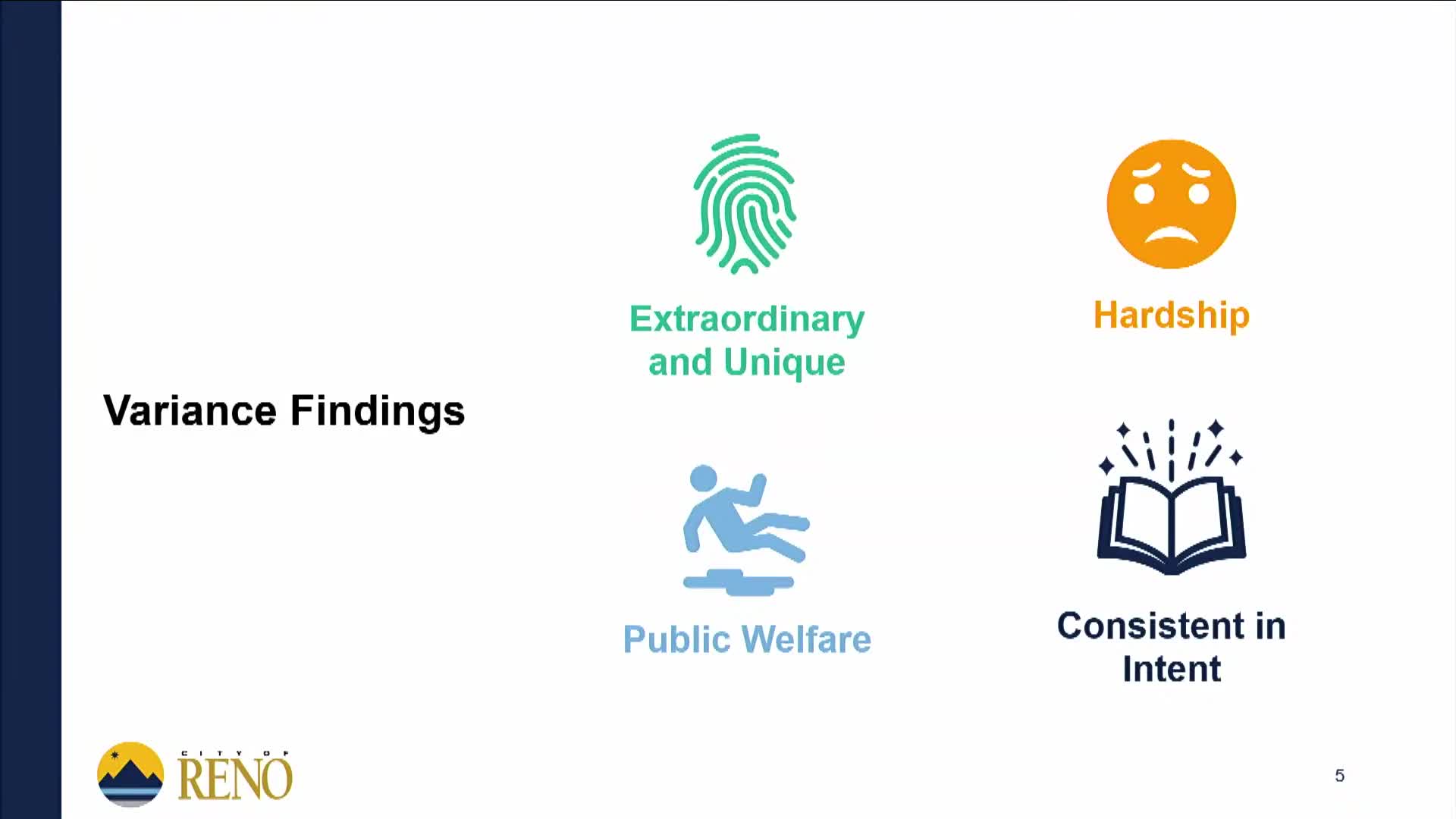
Commission approves small Midtown apartment with reduced on‑site parking; one commissioner objects
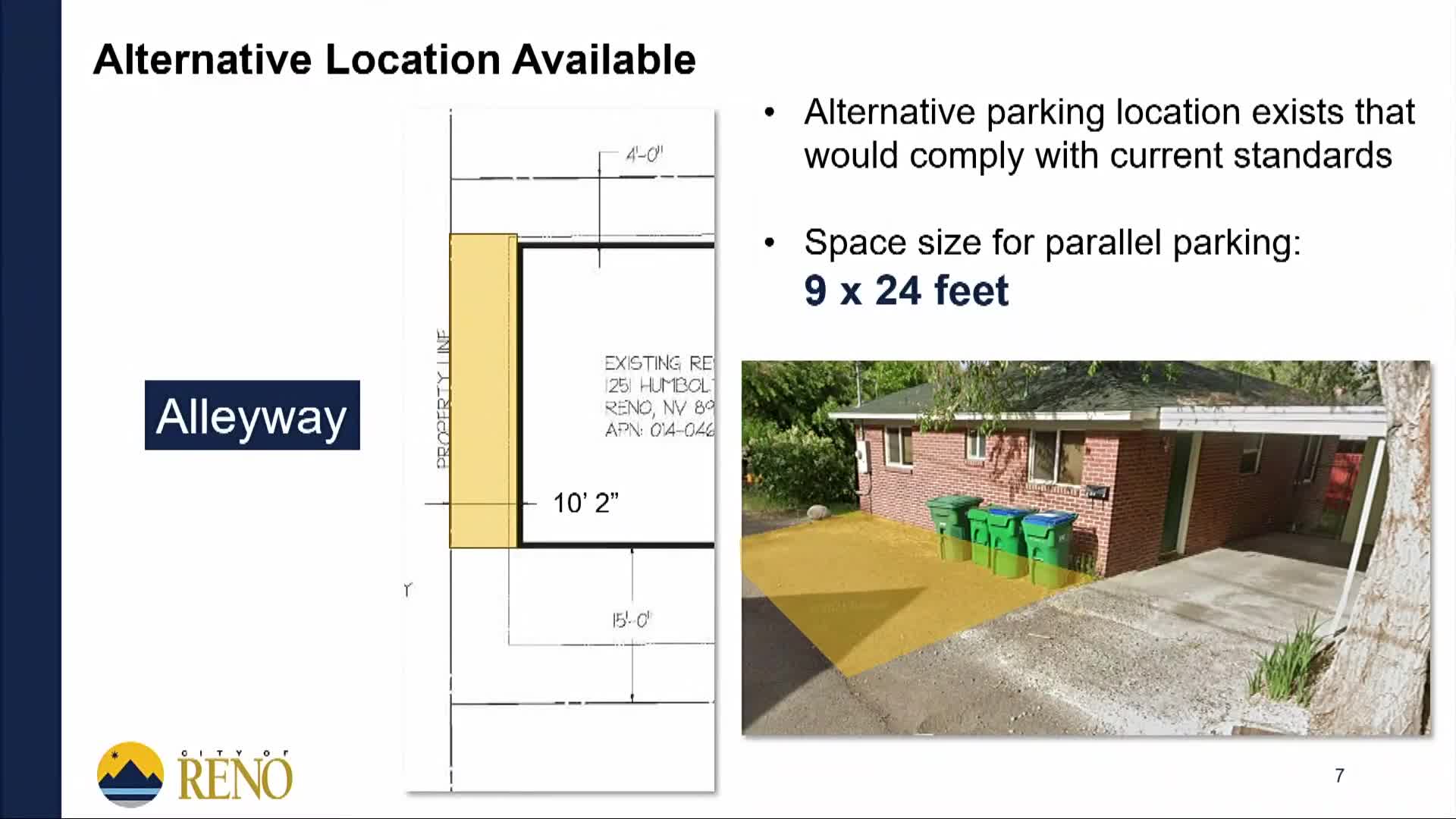
Owners seek lower density, expanded open space in Milnes family zone change; commission forwards to council
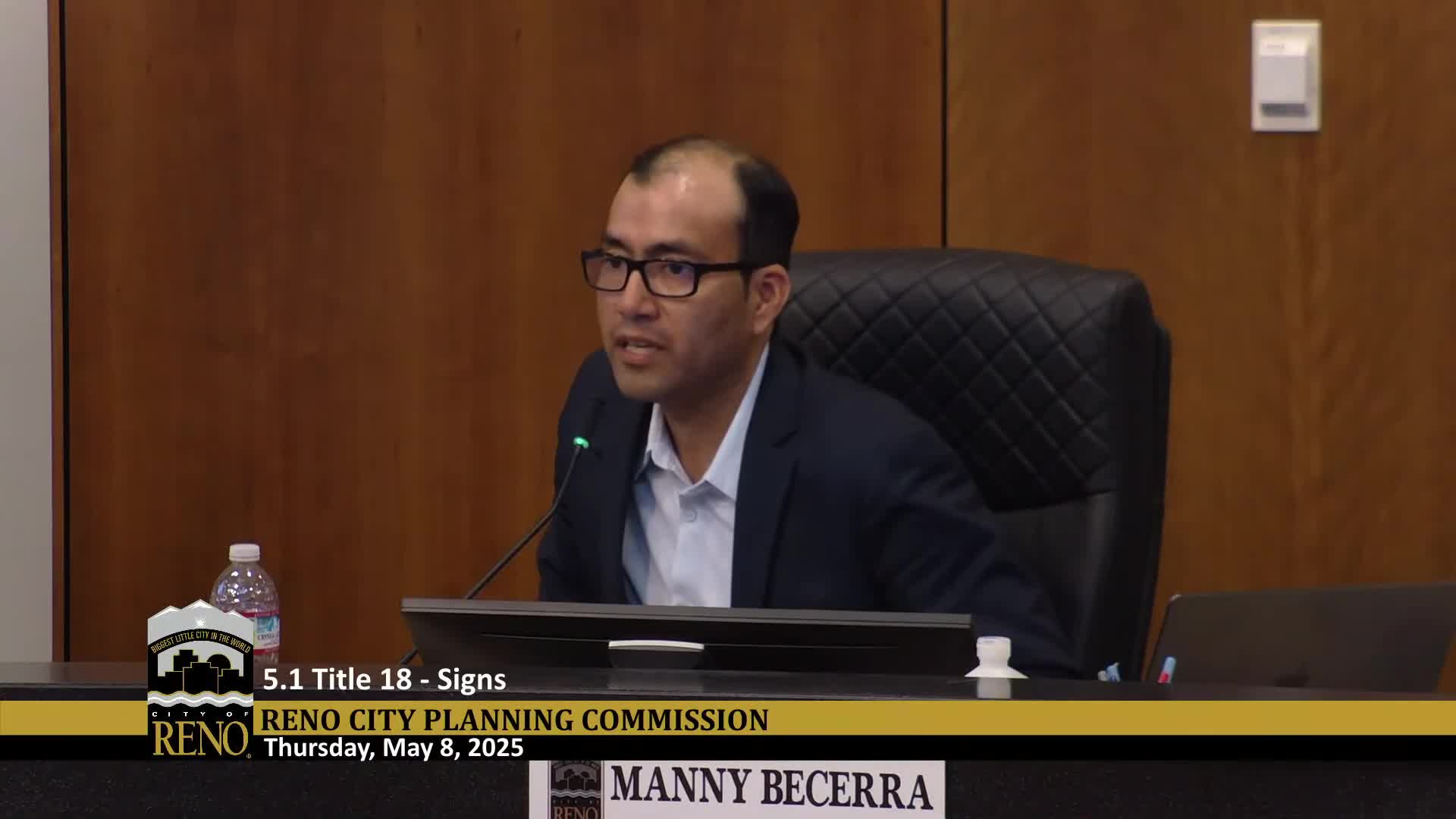
Commission approves off‑site road and water work to serve Apartments at Dandini project

Commission approves conditional use permit for Martinez Landscaping storage yard with conditions
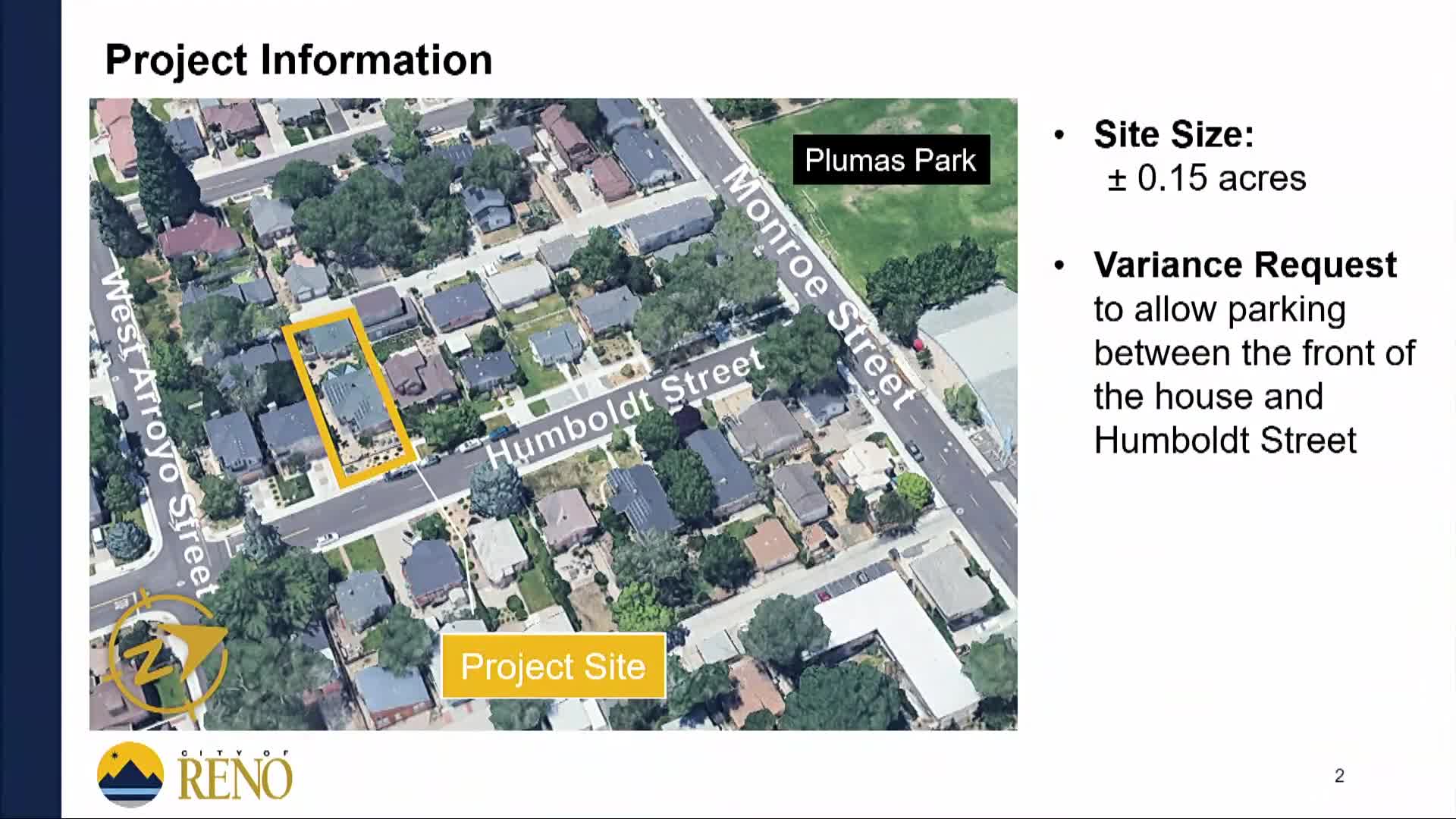
Planning Commission denies Humboldt parking variance; applicant given alternative options
